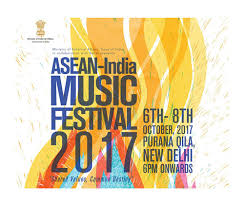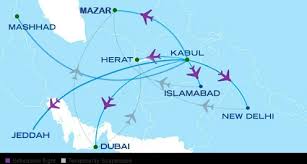Unfazed by Brexit, India and the European Union are set to map the next steps in their mutually enriching and empowering partnership at their 14th summit in New Delhi. The 14th summit is taking place against a mutating geopolitical and geo-economic landscape, marked by uneven global economic growth and the rise of radicalism and alt-right forces in Europe and elsewhere.
In his interaction with EU leaders, including Donald Tusk, President of the European Council, and Jean-Claude Juncker, President of the European Commission, India’s Prime Minister Narendra Modi is expected to raise the bar for India-EU partnership in both economic and strategic spheres.
Besides upscaling economic and strategic partnership, the 14th summit could be a milestone in entrenching the EU’s role as a key partner in India’s ongoing nation-building projects. In days to come, one can see enhanced support of the EU for flagship schemes of national resurgence like Smart City, Skill India, Clean Ganga, Digital India and Start-up India. In particular, the EU is set to emerge as one of preferred partners in India’s quest for urban renaissance.
Moving beyond specific deliverables, the 14th summit should culminate in a big picture view of steering this strategic partnership between the vibrant multi-cultural, multi-ethnic societies of India and the European Union. With the liberal global order under attack by alt-right politics and divisive forces, India and the EU can blend their strengths to champion a new narrative for open societies and inclusive globalisation.
Read More









